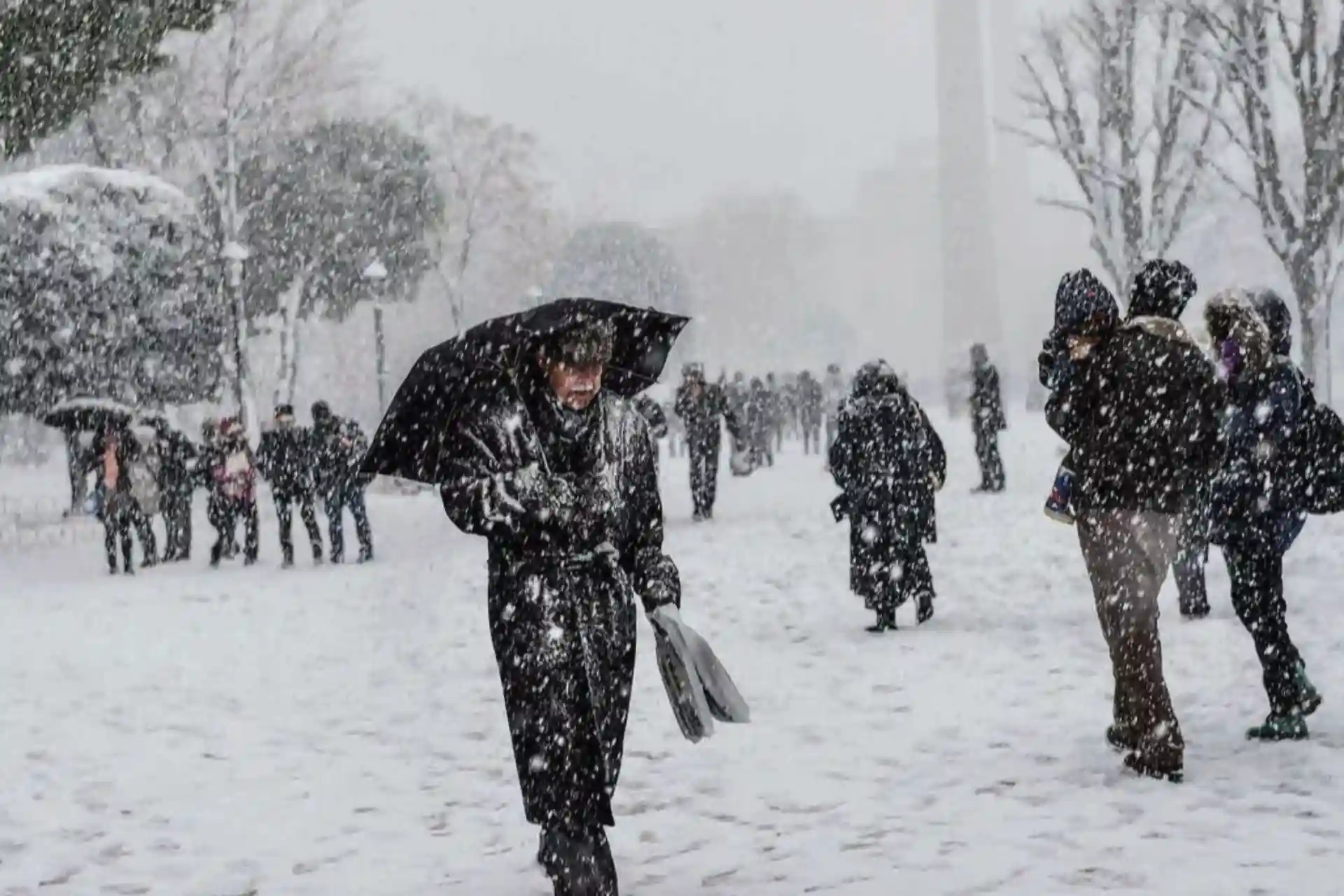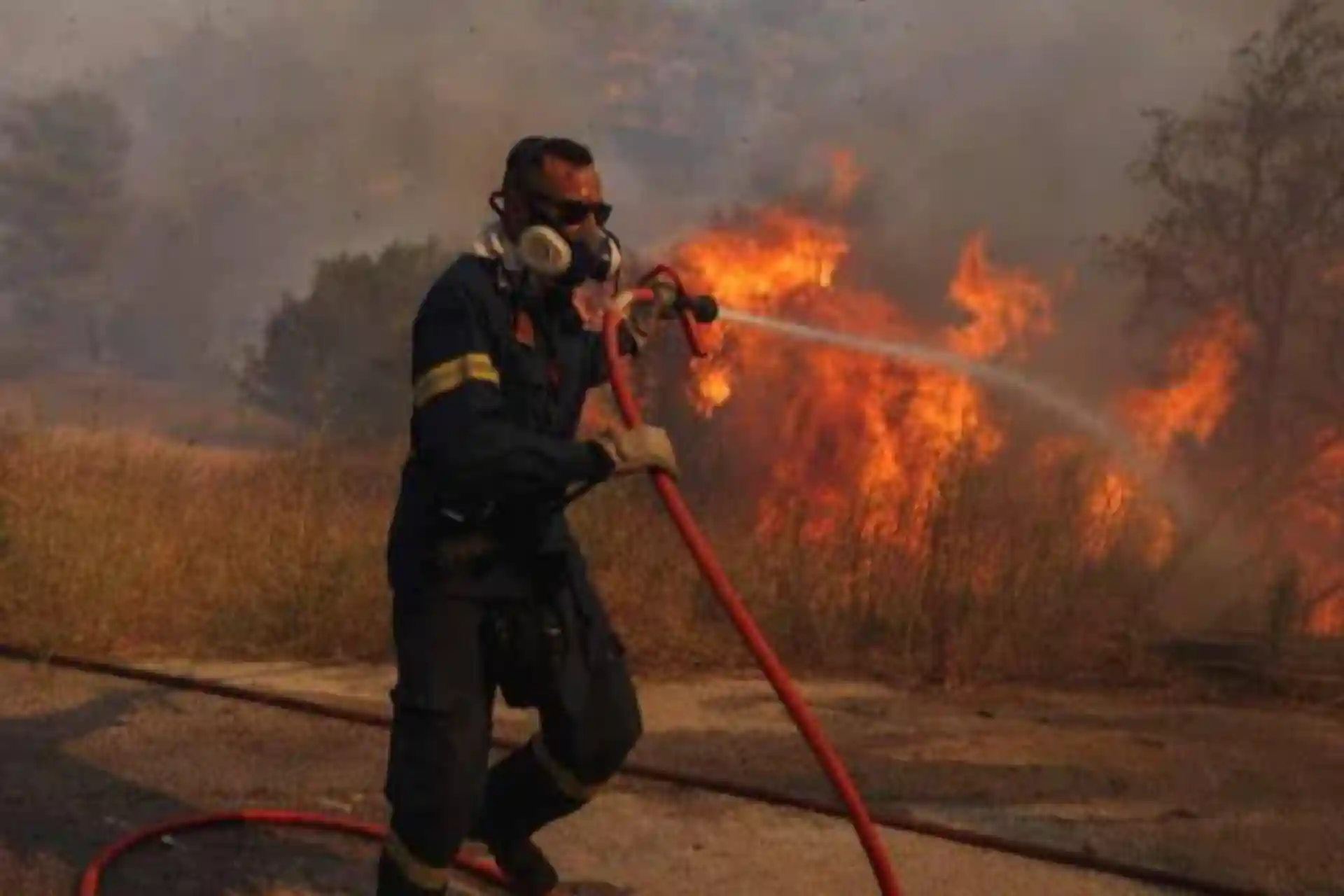It was said that winter may be severe this year
The World Meteorological Organization has warned that in the winter of 2024-2025, severe cold and snow storms may occur. This was explained by the fact that La Niña replaced the El Nino climate phenomenon, which served to make the summer months the hottest in the history of observations.
The World Meteorological Organization (WMO) has warned many countries that severe cold and snow storms may occur in the winter of 2024-2025.
It is noted that due to global warming, heat distribution imbalance and storms accompanying them create severe natural conditions. Due to the El Nino phenomenon, hot summers can be followed by cold temperatures and snow storms during the winter months.
Between October 2024 and February 2025 is an important period
The WMO has reported that there is a 60 percent chance of La Niña occurring by the end of this year. Changes in tropical atmospheric circulation such as wind, pressure and precipitation can be observed between October 2024 and February 2025.
How does La Niña happen?
The La - Nin phenomenon , which causes tropical atmospheric changes such as wind, pressure, and precipitation, is associated with changes in ocean surface temperatures in the Pacific and eastern equatorial oceans, as well as storms, hurricanes, and heavy snow. La - Nin or El - Nin have the opposite effect.
"The impact of each La - Nin event varies depending on its intensity, duration, time of year, and interactions with other climate factors," the report said.
Record warm years
"We have seen long-term increases in global land and sea surface temperatures since June 2023. Even a short-term cooling La Niña event would not change the long-term trajectory of global temperatures due to greenhouse gases keeping the atmosphere warm ." , - said WMO Secretary General Celeste Saulo.
Saulo also noted that despite the cooling effect of the La Niña event that lasted from 2020 to early 2023, the past 9 years have been the warmest on record.
Stating that neutral conditions (neither El Nino nor La Niña) have prevailed over the past 3 months, Saulo said widespread extreme weather conditions have been observed with extreme heat and heavy rains.
Saulo emphasized that the "Early Warnings for All" initiative to combat climate change and extreme weather events remains a key priority of WMO.



